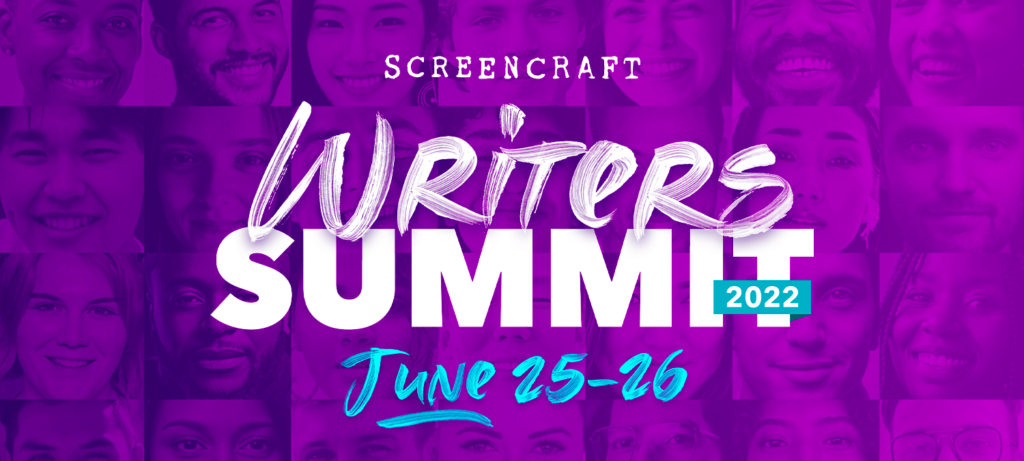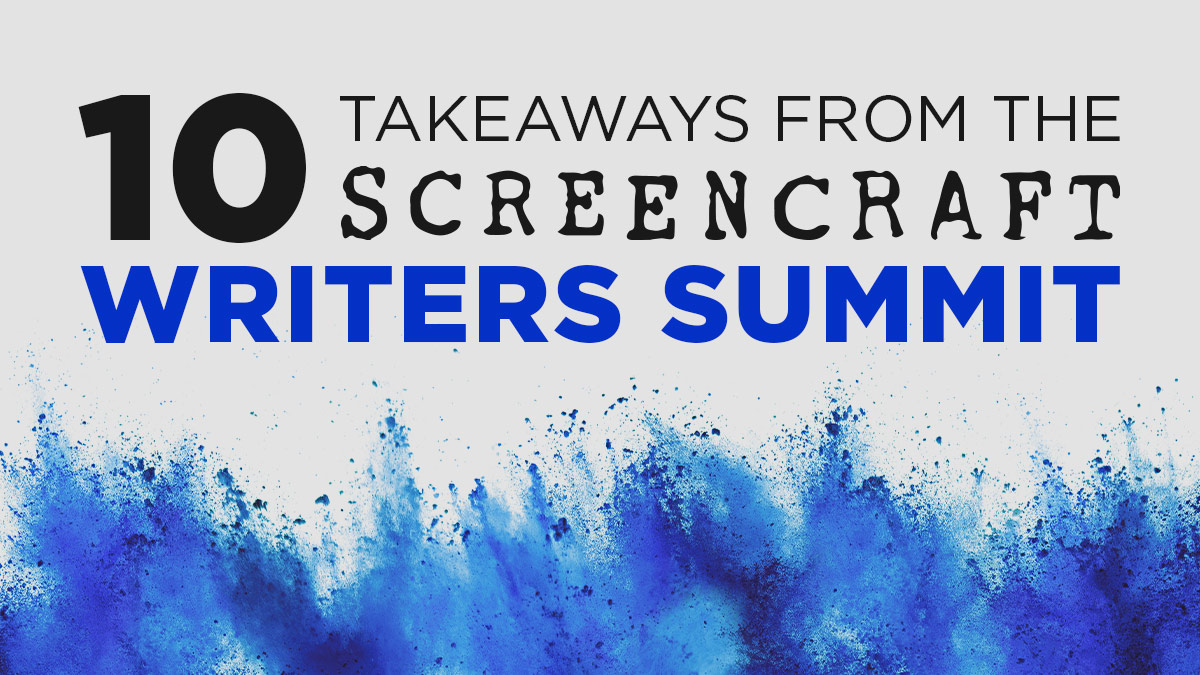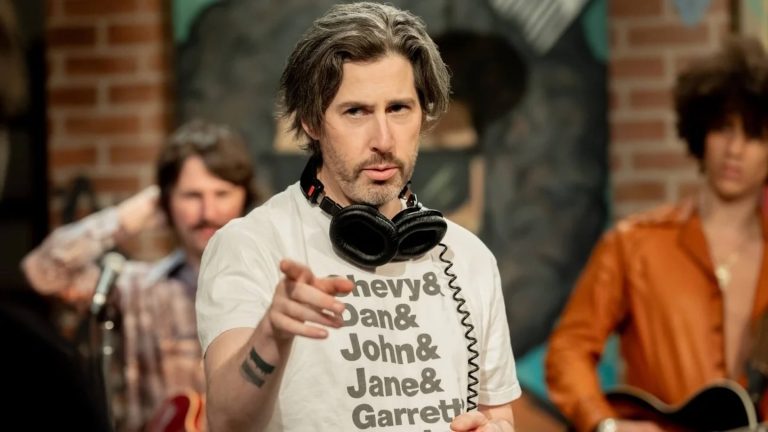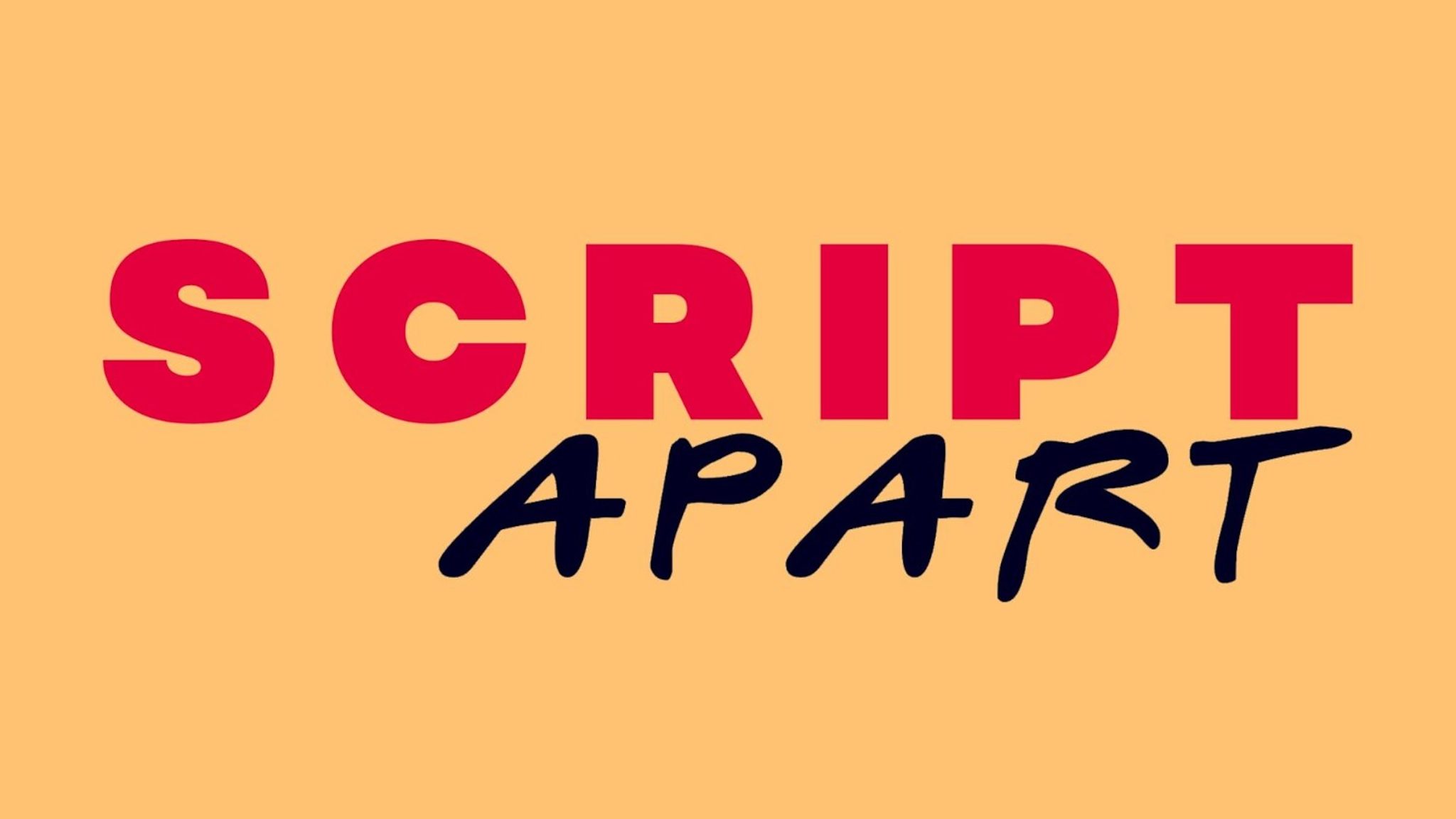10 Takeaways from the 2021 ScreenCraft Writers Summit
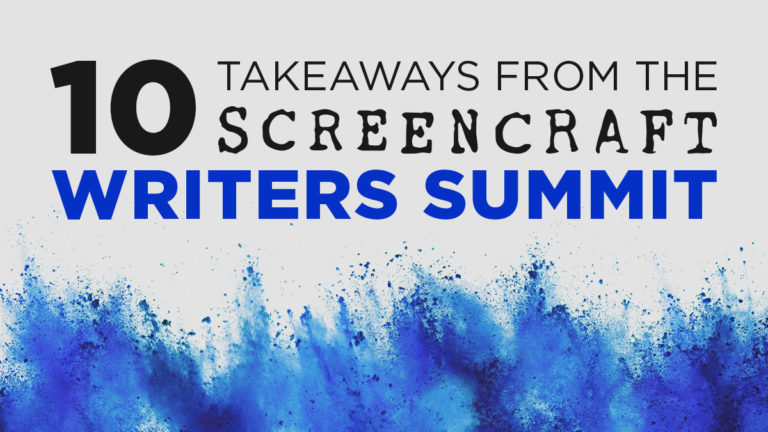
If you were fortunate enough to attend the 2021 ScreenCraft Writers Summit, then you know that there was A LOT to take in.
In the first screenwriting event of its kind, attendees were welcomed to three days packed with insight on what it takes to successfully navigate a career in screenwriting.
It was a writer’s paradise, to be sure.
But with so many different events, panels, and mixers, it was easy to miss some fantastic gems, like this one that Oscar-nominated writer Travon Free mentioned during the Writing with “Voice” Panel presented by WeScreenplay: “So many people are focused on getting their foot in the door, instead of focusing on their foot.”
So, here are some of the things that stuck out to me as I scribbled down notes like a madman.
Imposter Syndrome Knows No Bounds
"Risk failing outside of the box than staying uncomfortable inside of it.” - Travon Free
Every writer deals with bouts of imposter syndrome — even the best in the business. Many panelists spoke about how it manifests in their lives and how they overcome it.
So, if you’ve just sent your script off for notes and are crushed by an inevitable bout of negative thoughts that ensues — rest assured that you are not alone in feeling this way and that you are more than capable of succeeding.
Writer Travon Free (FULL FRONTAL with Samantha Bee, The Daily Show) said, “It’s terrifying because in this industry you just don’t know,” but he’d rather, “risk failing outside of the box than staying uncomfortable inside of it.”
When 90% of your mind is thinking what you're about to do is impossible, it's that extra 10% that will get the job done.
A Writer’s Voice is Their Greatest Asset
“We all have our own voice, but what do you want to say?” - Liz Feldman
After years of writing for talk shows, Travon Free learned and practiced the art of emulating the voices of different hosts. While learning how to write for others, he was able to sift through that material to find what felt authentic to his own voice.
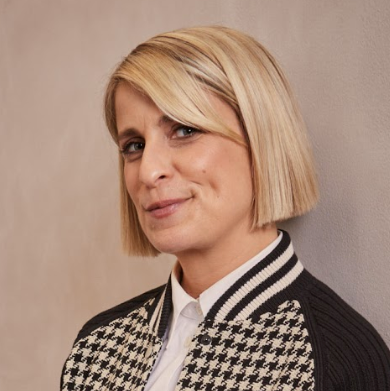
Liz Feldman
It took years for Free to hone his own unique voice and it’s important that writers, “Do the work to uncover who you are.”
Actor/writer Mae Martin (Feel Good) also encouraged writers to find, “the tone and themes that resonate with you.”
Showrunner Liz Feldman (Dead to Me, 2 Broke Girls) went on by saying, “We all have our own voice, but what do you want to say?”
She welcomed writers to allow life experiences and storytelling preferences to “magnetize you to that work.”
Follow the calling that tugs at your soul the most, the style and brand that speaks not only to your past life experiences but the future you envision for yourself as a writer. Your voice is your style, delivery, your experiences -- all the undertones of your soul.
“Sing the song that’s inside of you,” Free said, “What does it sound like?”
It’s a Collaborative Business
"You have to be a good teammate and trust the people on your team.” -Adam Kolbrenner
A director once told me that making a film is a lot like a sports or music event. In a band, each member has their own instrument and adds their own sound to the song. In film, everyone in the credits plays a specific role where their expertise will be on full display. Months and years of preparation and practice all lead up to that moment of action.
“You’re entering into a team,” literary manager Adam Kolbrenner (Lit Entertainment) said, “So you have to be a good teammate and trust the people on your team.”
Tom Dever from Coverfly went on by saying that there needs to be an “understanding on a deeper level that it’s not singular. You have to work together to get this made.”
This business is built on personal relationships. Individually, it’s important to carry your weight, but always for the greater good of the production as a whole.
The Importance of Development
“I’m trying to elevate your art by picking it apart." - David Boxerbaum
As they say, nothing great ever comes easy. During the development process, there will be changes. Writers need to know that this is a fundamental aspect of the job.
During the panel Selling Scripts: What Works and What Matters?, Coverfly brought together a complete totem of the production pipeline with Kolbrenner, literary agent David Boxerbaum (VERVE), and development executive Gaby McCormick (Mandeville Films), to give writers an idea of how the development process works.
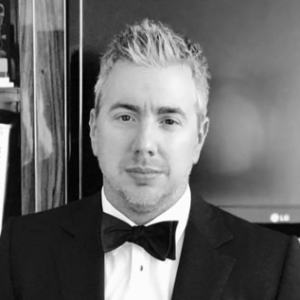
David Boxerbaum
Typically, managers work closely with their writer clients to develop a screenplay over a period of time in order to get that screenplay in the best shape possible, so that it’s ready when it hits the market.
Oscar-nominated screenwriter Meg LeFauve (Inside Out, Captain Marvel) talked about the process of developing characters and plot through the Pixar Brain Trust and how they are constantly reimagining and digging deeper into the story.
As more brains lend their vision to the screenplay, the more it will grow and develop.
This is a good thing. These producers, managers, and agents know what they’re doing. They might not always be right, and if a writer can make a case and articulate why they feel strongly about certain notes they are welcome to discuss it.
Still, they’re there to help you. If they have any credibility to their name, it doesn’t benefit them to take advantage of you. Why would they? You’re all working towards the same goal: making a great film.
Boxerbaum explained the back and forth required, “I’m trying to elevate your art by picking it apart. Don’t just take it. Tell me why.”
Patience is paramount in developing a great screenplay that’s marketable. Kolbrenner worked with a writer for two years before making a sale but insists, “If you do the work in the development process, it’ll pay off.”
Have a Strategy
"Preparation breeds opportunity." - Travon Free
Feldman still believes in what her father once told her, “The harder you work, the luckier you’ll get.”
That doesn’t mean you should go beating your head on every door you see. Be strategic in your pursuits. The goal is to build a career. Treat it like one. Make a plan. Find a way. Specify your wants and needs. Envision what success means to you. Got that lofty castle high in the sky? Great. Start laying the foundation.
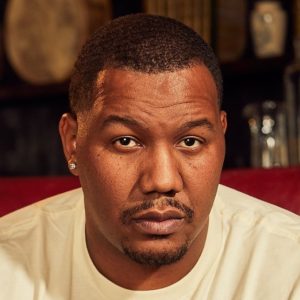
Travon Free
“Strategy should go into everything you do,” says Boxerbaum. A writer will spend months, sometimes years of their lives developing a screenplay. With this in mind, Boxerbaum encourages clients to, “take their livelihoods seriously.”
If you map out your journey, you’re more likely to reach your destination. It still won’t be easy, but you’ll have direction. Each small milestone is one step closer, one more door opening, but is your foot ready yet? Is your voice clear? Do you have samples tailored specifically to the opportunity at hand?
Free ruminated on taking the next step in his career, “Preparation breeds opportunity. When the call came I was ready for it.”
Make sure you’re ready. The time will come. Now, show them what you’re capable of.
Learn When To Say No
“I had to say no to myself.” - Chloé Zhao
Sometimes writers get opportunities that just aren’t right for them, and the hard truth is that the project would be better off in the hands of a writer more capable and/or closer to the material. Travon Free talked about how he has honed his skills over many years for certain mediums, so it isn’t likely he’ll write a horror film.
“Just because you could do it, doesn’t mean you should," Feldman said. “Sometimes you force yourself, or you need the work. It’s a hard thing to do, to turn down such an opportunity.”

Chloé Zhao
If there’s any ideal the industry needs to uphold, it’s inclusion. Finding the right people to authentically tell a story is key to getting it right. McCormick, as a development executive, is a champion of finding, “the right person to tell that story.”
Meanwhile, it took years for Kenny and Keith Lucas to find the right people to bring their vision about Fred Hampton Sr.’s assassination to the screen. One producer suggested that they set the story in present times. Hard no.
Other times, writers had to show self-discipline. Oscar-nominated writer/director Chloé Zhao (Nomadland) made an interesting remark during the 2021 Oscar Nominee Panel on Friday about what it was like working with a larger budget and full creative control.
“I had to say no to myself,” she said.
Her previous films, “thrived on limitations,” and she described how she’d grown accustomed to working in survival mode, where a filmmaker needs to think clearly in order to make actionable choices. Just because she had the larger budget, didn’t mean she needed it to capture the story through her perspective.
Specificity Leads to Universal Truths
"When you write a small slice of life, you can change the world." - Ben Cory Jones
Writers can tap into larger social themes by sharpening their spotlight. TV writer Lang Fisher (Brooklyn Nine Nine, 30 Rock) described it by saying, “Go narrow and it gets wide.”
The more you try to cram into your story, the more likely you’ll lose your audience. Travon Free mentioned, “The more specific you are, the more people connect to your story.”

Ben Cory Jones
TV writer and showrunner Ben Cory Jones (Insecure) agreed, “When you write a small slice of life, you can change the world. That’s the power of this medium.”
Emmy-nominated TV writer and showrunner Marissa Jo Cerar (The Handmaid's Tale) wanted to narrow the scope for her upcoming project about Emmett Till. She didn’t want to focus on the larger true crime version. Someone else would be more suited to write that kind of story.
Instead, Marissa Jo sought the smaller story, the family drama at the center of this momentous and tragic historical event. By narrowing her focus, she’s able to provide humanity and context to the lives involved.
Writer/producer Damon Lindelof (Watchmen) and Feldman danced around a similar notion. Lindelof stated, “Sometimes the factual truth is less interesting than the emotional one,” while Liz said, “Facts may be wrong but the feeling is real…as long as you’re coming from a place of empathy, not just for you but the characters.”
Audiences connect emotionally with characters, so drawing upon your own experiences for inspiration, however hard that may be, will only attract more kindred spirits to the story.
When talking about a client’s heist film, Adam Kolbrenner was quick to point out that despite there being dozens of heist movies on Netflix, the writer was able to execute the story in a way that had never been done before. Executives aren’t averse to well-trodden genres — but they are looking for stories that offer new views of the same old landscapes.
If It Scares You, Write It
“What is the thing that’s hardest for you to talk about? That’s what you should write about.” - Liz Feldman
For me, some of the best art is born from necessity. Lang Fisher described her favorite characters as, “driven by a wound, a want.”
“What from my life is too scary to say out loud?” Travon Free smiled, “I should probably write that.”
Liz Feldman agreed, “What is the thing that’s hardest for you to talk about? That’s what you should write about.” She went on, “Finding your voice requires vulnerability, which requires bravery.”
Ben Cory Jones talked about tapping into that fear to find your strength, “When something scares you, you give it your all.”
Don’t be afraid to bare your soul on the page.
The Power of Words
“Seeing different stories made me feel seen.” - Marissa Jo Cerar
Cerar discussed how growing up as a person of color in an all-white community made her feel out of place. All of those experiences and feelings of otherness became her superpower and source of inspiration.

Marissa Jo Cerar
She now gets to tell stories for girls who feel the same way she did growing up, “Seeing different stories made me feel seen.”
Emmy-nominated creator and showrunner Liz Tigelaar (Little Fires Everywhere) encouraged writers, saying, “Make use of all the things you’re going through.”
Words matter. Your words can change the life of a single reader, or millions of viewers. Never lose sight of your influence. Make your words count. Someone somewhere is going through what you’re going through. Connect with them. Move them. Change them.
Because in the words of Ben Cory Jones, “If you’re not trying to change the world, then I don’t know what we’re even doing here.”
The Screenwriting Community is Incredible
My biggest takeaway from the weekend is just how amazing the screenwriting community really is. For real. Y’all are so welcoming and kind. Even though ScreenCraft planned and threw the party, you are the ones who rocked the house.
Keep supporting each other and lead with kindness.
---
Thank you for a great weekend. And special thanks to all of the ASL Interpreters for their great work.
---
ScreenCraft Writers Summit is back! Join us and thousands of your peers to learn from Oscar and Emmy-winning creators as we explore the power behind why we write. This year's Summit features keynote speaker, Tanya Saracho, Derek Haas, Joby Harold and more.
Get Our Screenwriting Newsletter!
Get weekly writing inspiration delivered to your inbox - including industry news, popular articles, and more!

